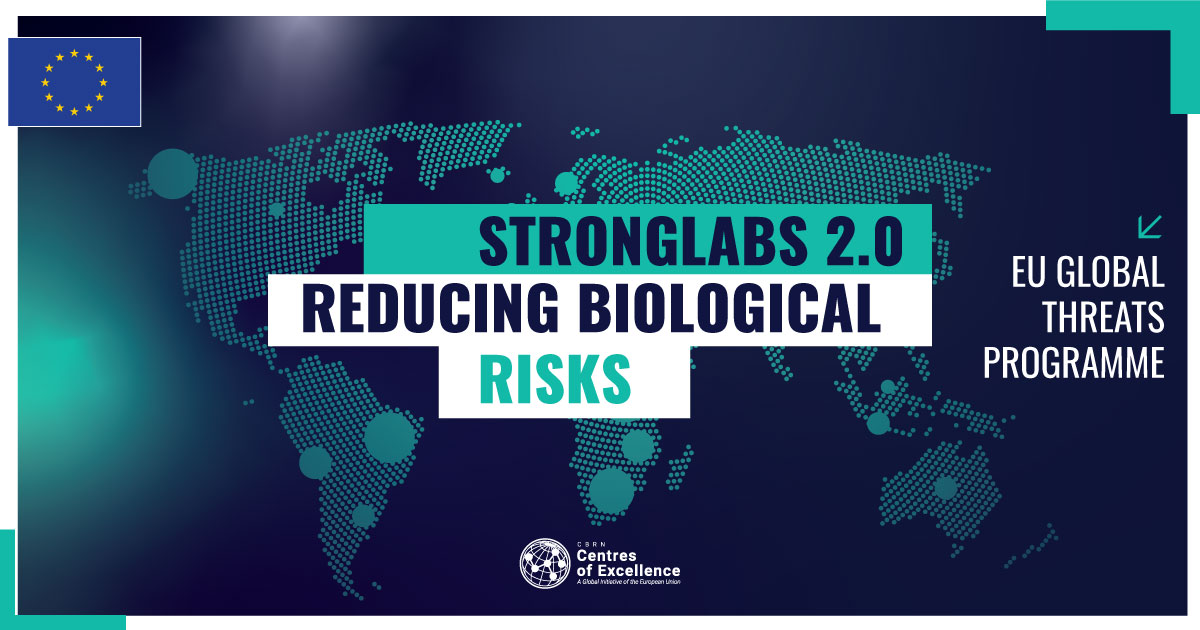
Context
Timely and reliable testing of samples from the first cases of a critical disease is essential for the prompt implementation of publichealth measures to minimize the impact of any eventual outbreak. There is a need for strong political commitment to drive improvements of policies, infrastructure, workforce and operations of the laboratory sector and related systems. For WHO to advocate for countries to invest sustainably in their public health laboratory systems and reference laboratories, a type of recognition for high-performing laboratories with functional capacities could help.
Overall objective
To enhance coordination at national, regional and global levels in building laboratory capacities for the detection of, and response to, pathogens with epidemic and pandemic potential.
Specific objectives
- To establish a laboratory recognition programme for national reference laboratories that test for pathogens of high public health importance and provide a framework to drive and unify laboratory capacity building efforts globally.
Concrete activities
- Consultation with global stakeholders (WHO and external) about the proposed objectives and proposed implementation model of a laboratory recognitionprogramme.
- Scoping review of existing laboratory recognition programmes.
- Production of essential tools and guidance documents for the implementation of the laboratory recognition programme:
- Step-by-step implementation manual that will guide countries and/or implementing partners on how to implement the laboratory recognition.
- Tools that will help evaluate the progress of programme implementation.
- Tools and materials to support capacity-building activities.
- Implementation of established frameworks:
- Engagement with potential participants of the laboratory recognition programme.
- Utilise developed tools and processes in context.
- Establishment of mechanisms and tools that will support programme implementation of oversight.
Expected results
- Standardisation and recognition:
- STRONGLABS 2.0 introduced a formal WHO-led recognition programme for national reference laboratories, clarifying their functions, and advocating for their leadership and roles epidemic and pandemic preparedness and response.
- The frameworks developed provide a unified approach for assessing and recognising laboratory capacities, which is essential for coordinated outbreak response and international trust in diagnostic data generated and shared, and can provide an end point for investments targeting national reference laboratories.
- Operational readiness and risk mitigation:
- By developing tools like simulation exercises, assessment checklists, and enhancing access to external quality assurance programmes (EQAP), the project enhances countries’ readiness to detect and respond to high-threat pathogens and promotes safety and security measures that enhance governance and cooperation on CBRN risk detection and mitigation.
- Supports the shift from reactive to proactive biosurveillance and emergency preparedness.
Expected achievements
Key developments emerging from the project:
- Programme’s framework documents and implementation mechanisms: A step-by-step implementation manual for Member States, and the parties involved (WHO, Laboratories, WHO Collaborating Centres and other parties); a monitoring & evaluation framework for programme implementation.
- Institutional mechanisms: Establishment of a WHO secretariat, steering committee, and rosters of mentors and assessors to oversee and implement the recognition programme.
- Digital infrastructure: Development of a digital dashboard to monitor programme implementation and facilitate stakeholder access to tools and guidance.
- Regional and country engagement: Over 30 countries engaged through regional workshops and in-country missions (e.g. Ghana, Sri Lanka, The Seychelles, Uganda), informing about the laboratory recognition programme and through in-country assessments performed in prioritized countries found to be feasible candidates for the programme (pilots).
- Project duration
- 1 Nov 2022 - 30 Apr 2026
- Project locations
- GhanaDemocratic Republic of the CongoSeychellesUganda
- Overall budget
- €2 300 000
- Threat area
- CBRN Risk Mitigation
